Remembering Early ILM with Patricia Rose Duignan
The Visual Effects Leader Talks Past, Present, and Future
Between 1976 and the early 1990s, Patricia Rose Duignan worked in several capacities with Industrial Light & Magic (ILM), including as production assistant on Star Wars: A New Hope, production supervisor on Star Trek II: The Wrath of Khan and Star Wars: Return of Jedi, and ILM’s first marketing director. In celebration of Women’s History Month, Rose joins us to look back on her storied career and reflect on the ILM legacy for newcomers joining the industry today.
How did you get started in the film and entertainment industry?
My focus on entertainment began when I was in college at Stanford University. I met an amazing woman, Marie Perrinbaum, who studied with my father at the Hoover Institute. (He worked there with the African and Middle East collections and my mother was at the Behavioral Science Center, so we were a Stanford family!) I was losing interest in college, but this woman told me, “We need women’s voices in film. It’s all men and their perspective. You’re a communicator. Be a woman in film and have a voice!”
My first film was about sex education for college women, and it was actually very successful. Health centers and universities from across the country purchased it. So documentaries became my focus. My husband-to-be and I moved to Los Angeles. He pursued a musical career and I pursued film.
Without immediate contacts in the industry, how did you get a foot in the door?
I went through the Yellow Pages and called every single production company that was listed. After five days, I had three interviews, including one with director Stan Dragoti, who was making high-budget commercials. I started working as a production assistant and coordinator. One of those commercials led me to Star Wars.
I had worked with production manager Lon Tinney, who was joining the ILM crew for Star Wars. He called me because he knew I was a hard-working person. It was 1976, and I went to the original ILM facility in Van Nuys for an interview. The waiting room was kind of a shabby place. There was a receptionist and this young guy with his feet on the table who looked like a runner. I started asking the receptionist, “What’s it like to work with George Lucas? Is he nice?” (I had loved American Graffiti.) She acted weird in her response. So when I went into the meeting with visual effects supervisor John Dykstra, this young runner followed me in, and of course he turned out to be George Lucas! He didn’t come across as a big director at all.
So you arrived at ILM after they had already begun work on Star Wars?
After George Lucas finished filming the movie in England, ILM still hadn’t finished many completed shots of their own. They’d built the facility and set everything up, but it wasn’t performing at the level they expected yet. So George and producer Gary Kurtz made some changes, including bringing in production supervisor George Mather, and then me to assist Mather as well as John Dykstra and George Lucas himself when he was working onsite a few days each week.
I came in right at the crunch, and was thrown into it! George Mather created an amazing system where we could track and identify every element in a shot and its progress to completion. There were only 365 shots to do, but effects like that had never been done before. The team did an amazing job. Everyone was young. People were sleeping in the building! We were all working very hard.
What were your normal responsibilities?
My job was to follow George around and work with John Dykstra to get all the different elements together and into the optical department. Everyone had a steep learning curve. We had to fail at things to keep learning. I messed up once when someone from the machine shop asked me to send a part out to be iodized. I had no understanding of what that was, so I waited until the next morning to send it out, and they let me have it because it held everything up. So I learned my lesson and started asking a lot of questions. How important is this? Do I need to make this happen right now? Everyone was helping each other, and I loved being the center of information in my role, and making sure people had what they needed.
After that first film, did you continue with ILM when they moved to northern California?
Though I was invited to move north to the Bay Area to work on The Empire Strikes Back, I chose to stay behind in Los Angeles. I worked as a production manager with John Dykstra and his company Apogee on Battlestar Galactica. I’m a natural leader and crave efficiency so it was a great opportunity to grow. I then became very interested in making a film about women’s’ issues. At that time, women were gaining more equality in the military and serving in combat units. So I decided to go undercover in basic training and make a diary of it. It was the most fascinating time of my life. I was 26. That project was later developed by producer Philip Barry and sold to ABC. From there it sadly grew into a presentation that I thought was trivial, so I decided to call up ILM and see if they wanted me back!
When did you rejoin the company?
I returned to the company in the early 1980s and worked as a producer on Star Trek II: The Wrath of Khan. After that, all of ILM came together to make Return of the Jedi, on which I was the production supervisor. We never had more fun than on those original Star Wars films. We were working with some of the smartest people on the planet, and facing these impossible challenges, kind of like the Rebel Alliance! We were thrilled with the world’s reaction to the films.
After Return of the Jedi, I became pregnant and started my family. Soon after I was pregnant, I saw George Lucas in the hall and he jokingly said that he hoped he wouldn’t see me for five years! In the end, George was so generous. When I was on maternity leave he made sure I was included among those receiving part of the revenue from Return of the Jedi, and that allowed me to stay home for 18 months!
And you again decided to return to the company?
Of course, I wanted to come back. I became an operations manager which allowed me to be home with my family on a more consistent basis. But that role really wasn’t my calling. During this time, I had received many inquiries from people in the commercial world wanting to use ILM’s services. I took all these phone messages to an executive meeting and said, “We need to explore commercials.” So they made me head of marketing, which was something we hadn’t done before. We had mostly worked on George’s movies and George’s friends’ movies! It was time to open up to the world.
We started a Commercial Division and hired Jim Morris (who later became General Manager of ILM and is now President of Pixar Animation Studios). I was in marketing, and then I became pregnant again! God bless ILM. They worked with my schedule. I stayed home every Wednesday. The company culture allowed something like that to happen.
I ended up having three children before leaving the company around 1992. I was feeling a new sort of creative drive, and though marketing is very creative in its way, I was ready to try something different. At ILM, we had been working on a theme park project in Japan, and I had a proposal that didn’t make it to the final presentation because some others felt it was unusual for a marketing person to contribute an idea. It was sad to leave, but I knew I’d contributed a lot, and my assistant at the time took over as marketing director.
Out of all the contributions you made to the company, is there anything you’re proudest of?
During my third pregnancy, I stood up at a company meeting and proposed the idea for making child-care available to Lucasfilm employees. President Doug Norby agreed, and with George’s approval, they provided the funds to develop it. Genevieve Tan and her team put together an amazing facility that continued to grow. I feel that’s my greatest legacy to the company. It’s still there to this day at Letterman Digital Arts Center.
I’m also very proud of my track record hiring people. I found visual effects supervisor John Knoll at USC and convinced him to come up to ILM. I helped recruit Jim Morris. I insisted that we hire producer Janet Healy. Vicki Dobbs Beck, who is now in charge of ILMxLAB, first came in as one of my assistants on the marketing team. In particular, I’m a big fan of women helping women. They make great leaders and things tend to be very cooperative and focused on solving problems together.
Can you summarize a little about your life and career since leaving ILM?
I continued as a consultant with ILM for a time and co-authored the book Industrial Light & Magic: Into the Digital Realm, which was published in 1996. After earning an MBA from UC Berkeley and Columbia in 2007, I ended up taking a job with the spinoff of ILM’s model shop, Kerner Optical, as executive producer (sadly the company ended operation in 2010 as practical action miniature effects became infrequently used).
Currently I volunteer one day a week at the Family Justice Center, a one-stop shop for victims of domestic violence, sexual assault and human trafficking. I also babysit my grandchildren two days a week. And, I volunteer online at ElderWisdomCircle.org, an advice-giving site for young people looking for elder wisdom on various situations they face. In addition, I am awaiting word from EPIC MEGA GRANTS to see if they will fund a prototype of a game that I’m developing to teach young men and women the red flag behaviors that lead to sexual assault and coercion. This game is based on a real-life training program that teaches college age women how to avoid sexual assault and coercion.
Thinking about young people coming into the visual effects industry, what thoughts do you have about having a work/life balance in your career?
It’s a very important topic, and you have to look at the effects industry today, which has become international. When I was working, most of the companies were American, but today economic incentives send many studios out of the country. So that affects work/life balance because many young people have to consider working overseas. Markets in Canada, England, Singapore, or India have plenty of jobs, but it’s difficult to make that move when you have a family. One of the big solutions that I see is job-sharing, allowing people to do their eight-hour-shift and go home, and if someone going overseas has a family then the company should help all of them go as an option. Work/life balance seems to be the wave of the future, as does remote work which continues to grow.
Considering its company culture, how does ILM stand in the visual effects industry?
There is no equal to ILM’s culture of caring about their employees and making work/life balance as effective as possible. I’ve worked at many other studios, and I’ve learned that the visual effects industry in general is full of very smart people. When I later worked outside the industry, I realized how spoiled I’d been working with people who were so committed to quality in their work. I hope ILM continues to stay devoted to caring about the human element of what we do. I also hope that the visual effects industry gets more recognition for the contribution it makes to so many films today. There’s so little that doesn’t involve visual effects. I’d like to see us grow in respect, power, and profitability.
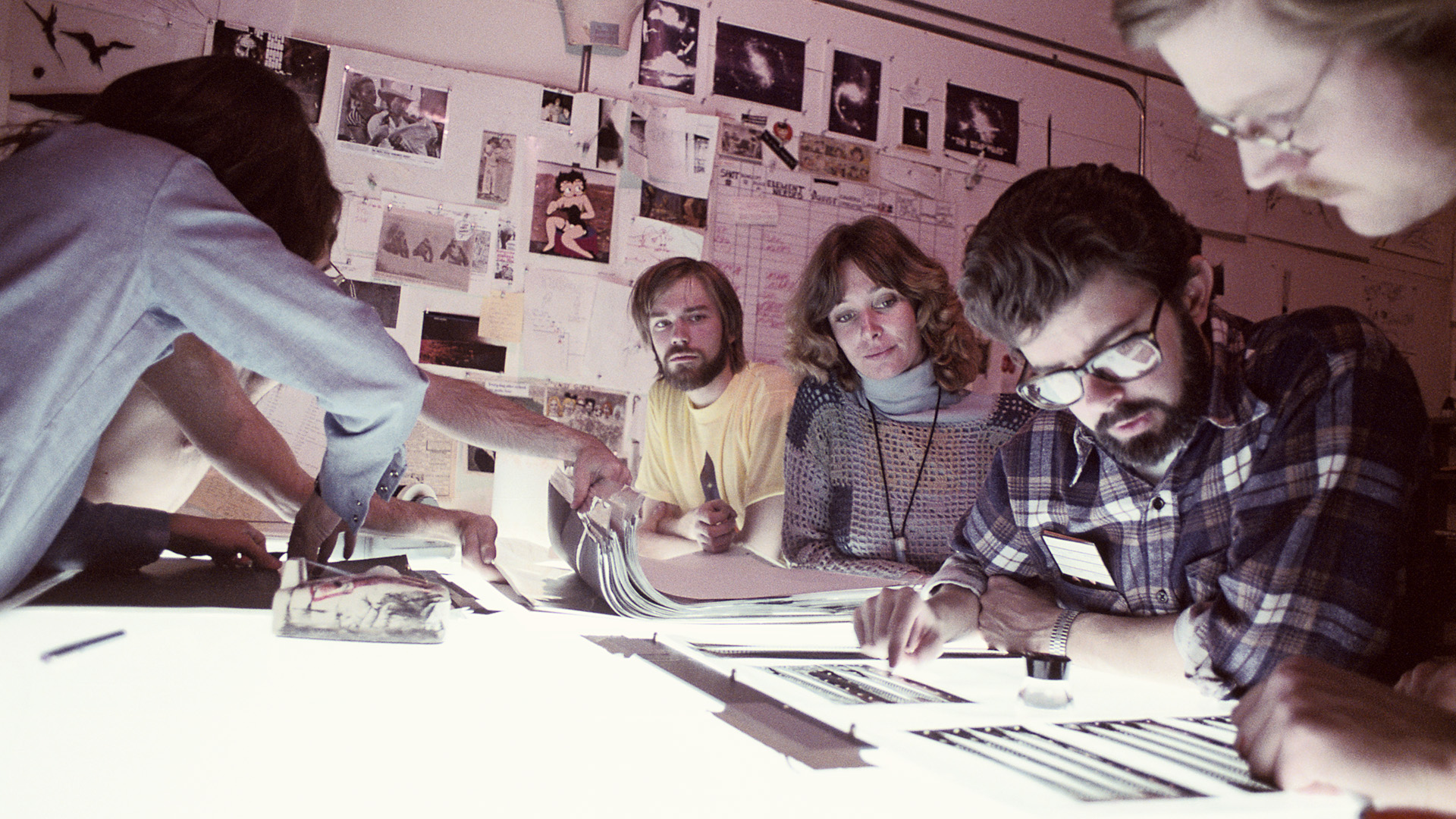
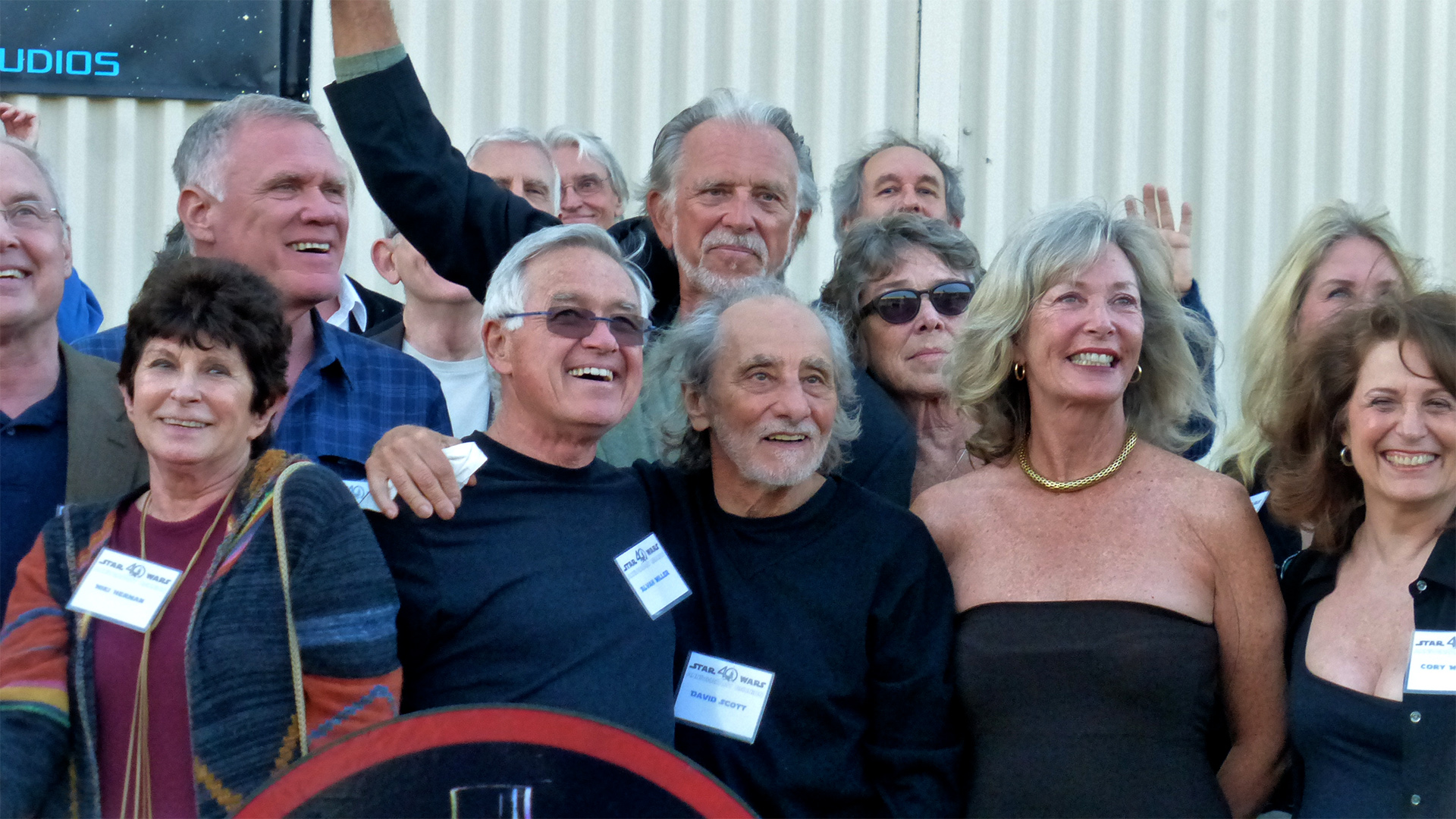
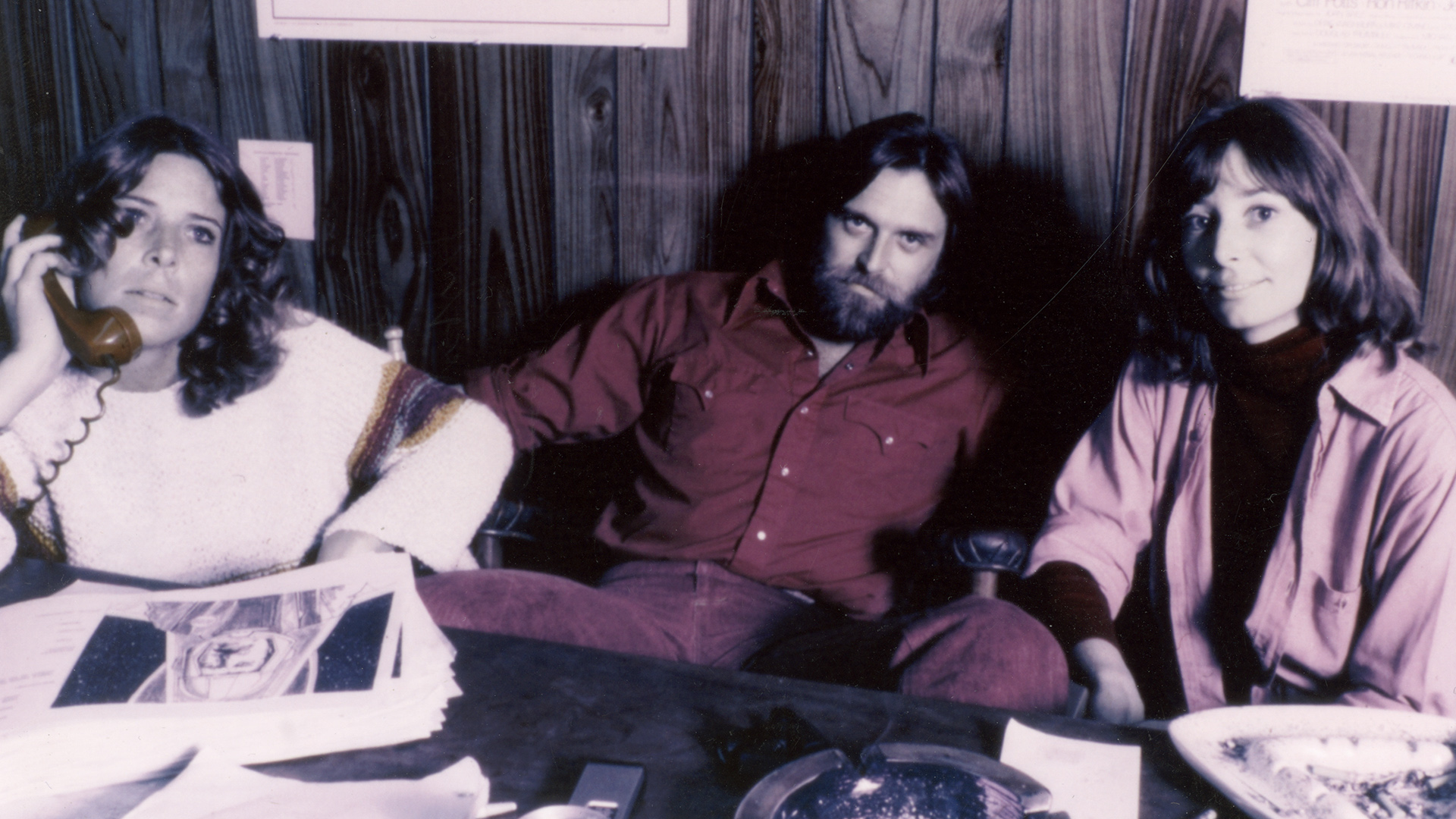
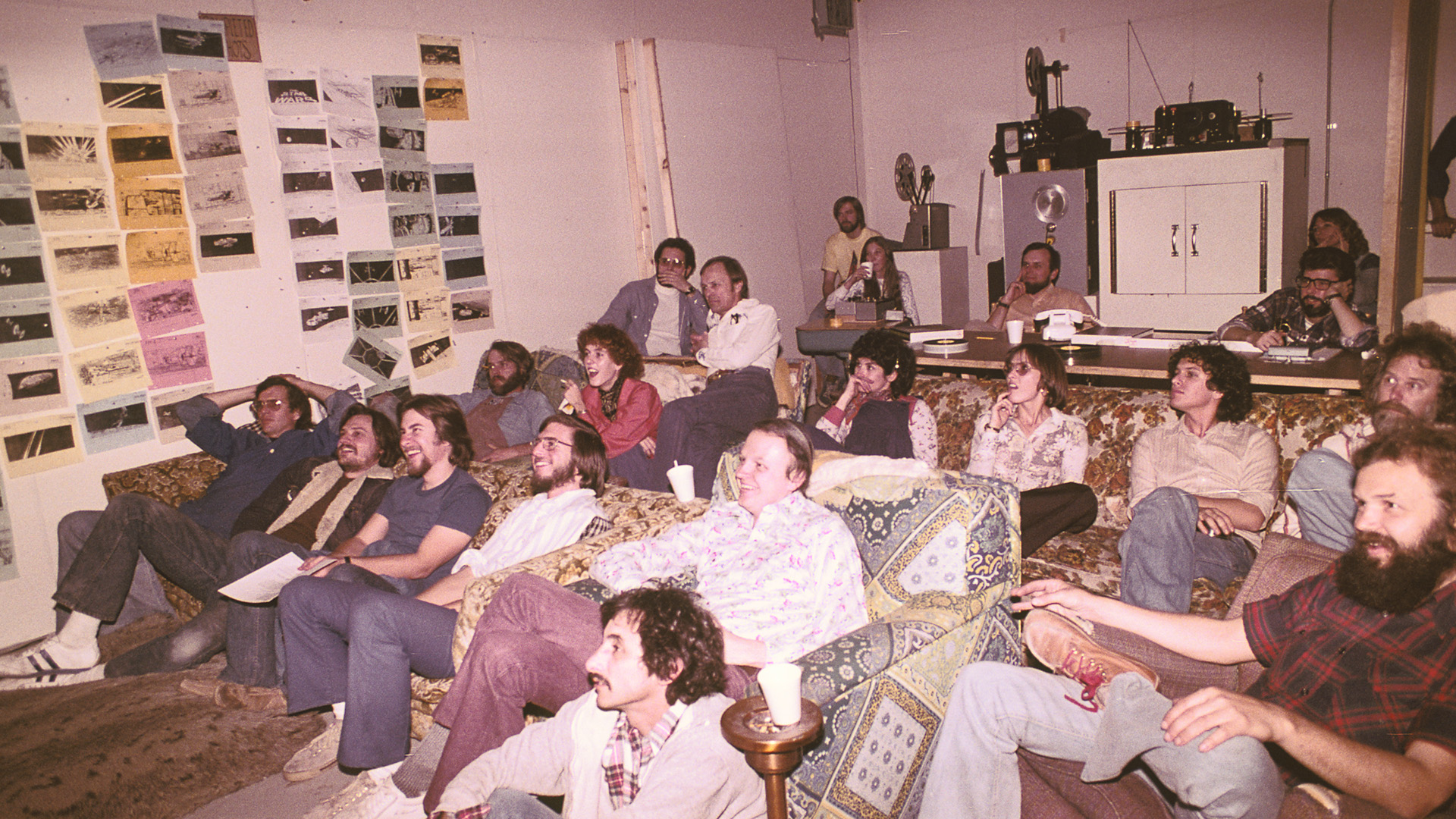
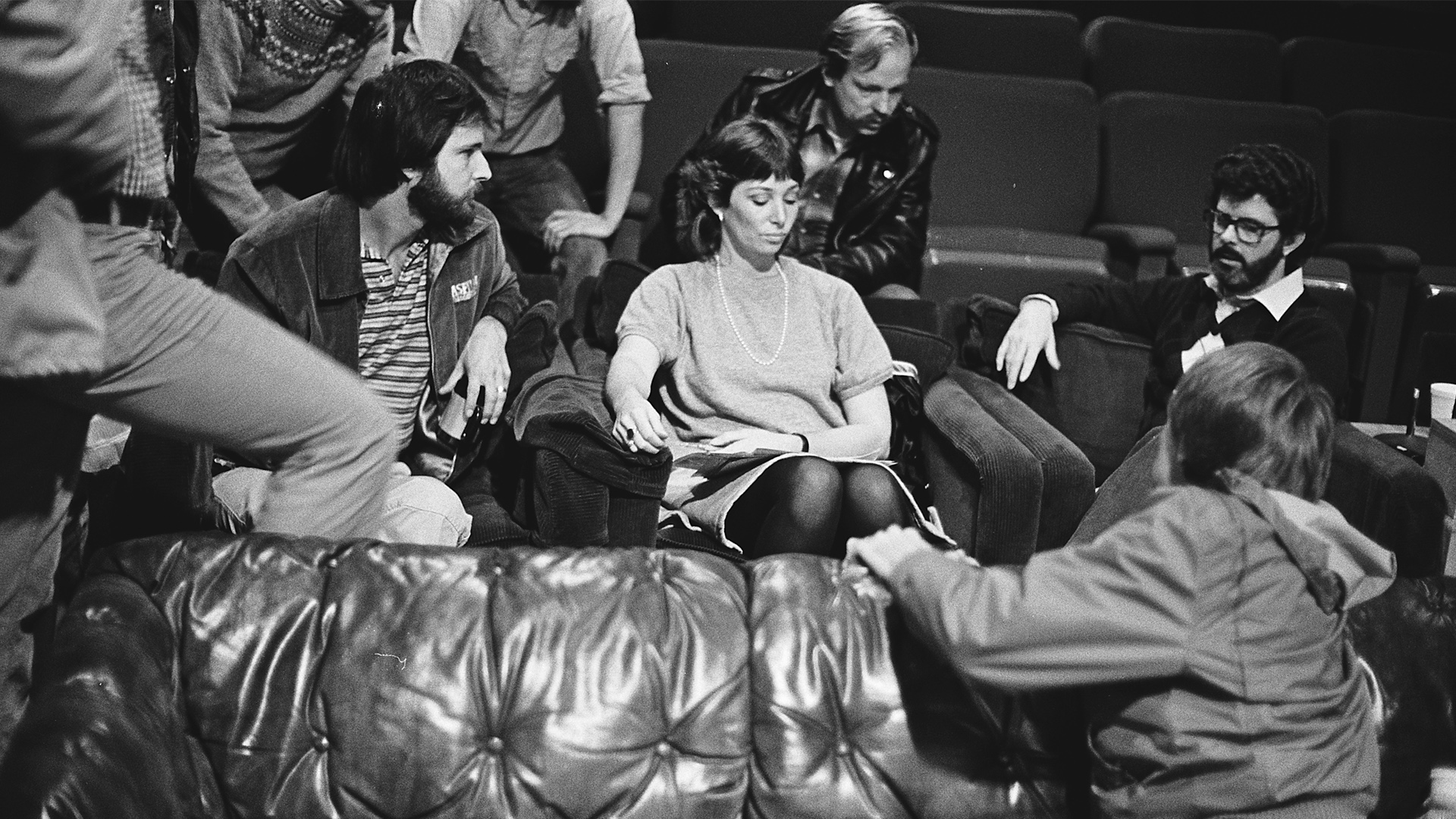
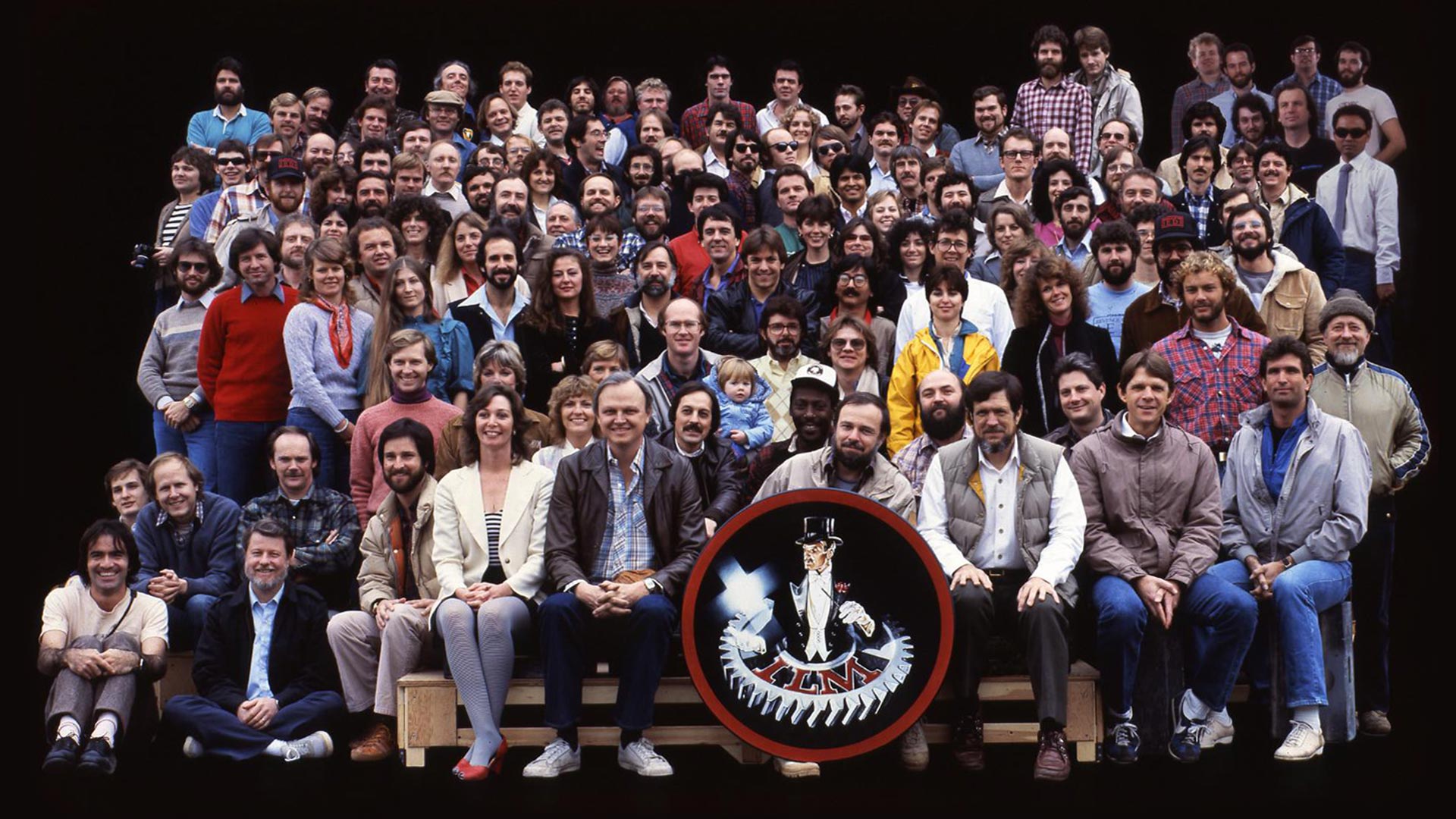
Lucas O. Seastrom is a writer and historian at Lucasfilm.

